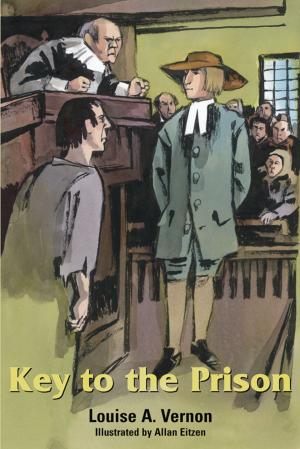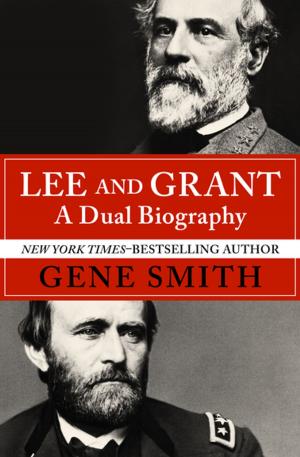Irish Gandy Dancer: A tale of building the Transcontinental Railroad
Fiction & Literature, Historical| Author: | Ryan Collins | ISBN: | 9781476296821 |
| Publisher: | Ryan Collins | Publication: | July 13, 2012 |
| Imprint: | Smashwords Edition | Language: | English |
| Author: | Ryan Collins |
| ISBN: | 9781476296821 |
| Publisher: | Ryan Collins |
| Publication: | July 13, 2012 |
| Imprint: | Smashwords Edition |
| Language: | English |
There are almost no published journals, diaries or correspondence of workers that built the Intercontinental Railroad following the closure of the Civil War. This is somewhat a paradox considering so many records exist on both sides, North and South that give us a grass roots view of the conflict that had ripped the country apart just a few months before.
The Union victory in the Civil War had the effect of cementing the relationship between the Northern and Southern states, albeit it was at best an uneasy and conflicted partnership. In a similar fashion, the construction of the transcontinental railroad had a similar profound effect of permanently tying the Eastern and Western United States together, clearing the way for expansion of the country that had recently reaffirmed its status as an indivisible nation.
Most of the historic accounts of the construction of the transcontinental railroad take a top down view of the events, places and people that influenced the story. The story that follows approaches the tale differently, taking a bottom up approach of the events and attempting to explain them through the perspective of a young Irish laborer. Second, many historic accounts are top heavy with dates, facts and places, forgetting that the people who make history are flesh and blood human beings with flaws and heroic abilities, all rolled into the same package. They experience feelings of elation and boredom, fear and anger, apathy and pride. I believe it is critical to flavor the tale with these emotions because emotions, not the intellect are what drive us to be the people we are.
The aim of this book quite frankly is to build a bridge between readers of the 21st century with the young, poor and adventurous people of the post Civil War era who literally had nothing but their names and strong backs to sustain them. It is unquestionably a daunting task because the conditions these young laborers endured to make a better life for themselves seem Herculean by modern day standards. Still, it is these people who went before that set the standard for those that followed, all the while building a nation and doing so with no individual memories of record for those who sacrificed so much.
There are almost no published journals, diaries or correspondence of workers that built the Intercontinental Railroad following the closure of the Civil War. This is somewhat a paradox considering so many records exist on both sides, North and South that give us a grass roots view of the conflict that had ripped the country apart just a few months before.
The Union victory in the Civil War had the effect of cementing the relationship between the Northern and Southern states, albeit it was at best an uneasy and conflicted partnership. In a similar fashion, the construction of the transcontinental railroad had a similar profound effect of permanently tying the Eastern and Western United States together, clearing the way for expansion of the country that had recently reaffirmed its status as an indivisible nation.
Most of the historic accounts of the construction of the transcontinental railroad take a top down view of the events, places and people that influenced the story. The story that follows approaches the tale differently, taking a bottom up approach of the events and attempting to explain them through the perspective of a young Irish laborer. Second, many historic accounts are top heavy with dates, facts and places, forgetting that the people who make history are flesh and blood human beings with flaws and heroic abilities, all rolled into the same package. They experience feelings of elation and boredom, fear and anger, apathy and pride. I believe it is critical to flavor the tale with these emotions because emotions, not the intellect are what drive us to be the people we are.
The aim of this book quite frankly is to build a bridge between readers of the 21st century with the young, poor and adventurous people of the post Civil War era who literally had nothing but their names and strong backs to sustain them. It is unquestionably a daunting task because the conditions these young laborers endured to make a better life for themselves seem Herculean by modern day standards. Still, it is these people who went before that set the standard for those that followed, all the while building a nation and doing so with no individual memories of record for those who sacrificed so much.















